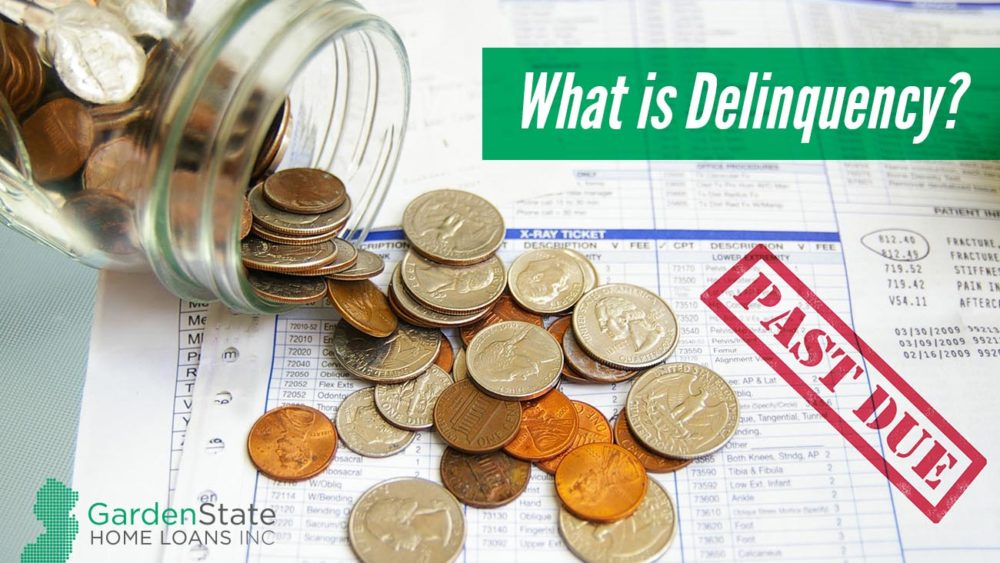Delinquency and Mortgage
The term delinquent describes something or someone that fails to accomplish what is required, such as failure to make a required payment. There are consequences if this happens, depending on the loan type, duration, and the cause of the delinquency. For a mortgage, delinquency happens when a borrower does not pay their loan on time. In this case, a lender can start foreclosure proceedings.
Delinquency vs. Default
Delinquency occurs when a borrower misses a payment. Default is when a borrower fails to repay the loan as specified in the contract. Delinquency is often a precursor to default. Many creditors will allow a certain time period to pass before considering a missed payment a default on the loan. This depends on the creditor and the loan type.
Delinquency and Mortgage
Regulations on mortgage delinquency, default, and foreclosure vary by state. Typically, a lender will give a 15-day grace period after a missed payment period for the borrower to pay their bill. If it’s not paid within this time, late fees are incurred. A late fee is typically about 5% of the monthly mortgage payment. Throughout this time, if the borrower still hasn’t paid, the lender uses aggressive communication tactics to inform the borrower they must make their payment. If the borrower doesn’t make the payment, they risk foreclosure. After 120 days of nonpayment, a borrower’s home can be seized.
Financial Instability
If you are in a time of financial instability, speak with your mortgage lender and tell them about your situation. They will be able to tell you what options are available to you before your loan defaults. In addition to different payment options, your lender may allow you to postpone your payments for a few months, extend the loan term, or allow you to repay the missed payments at the end of your term.


Comments are closed.